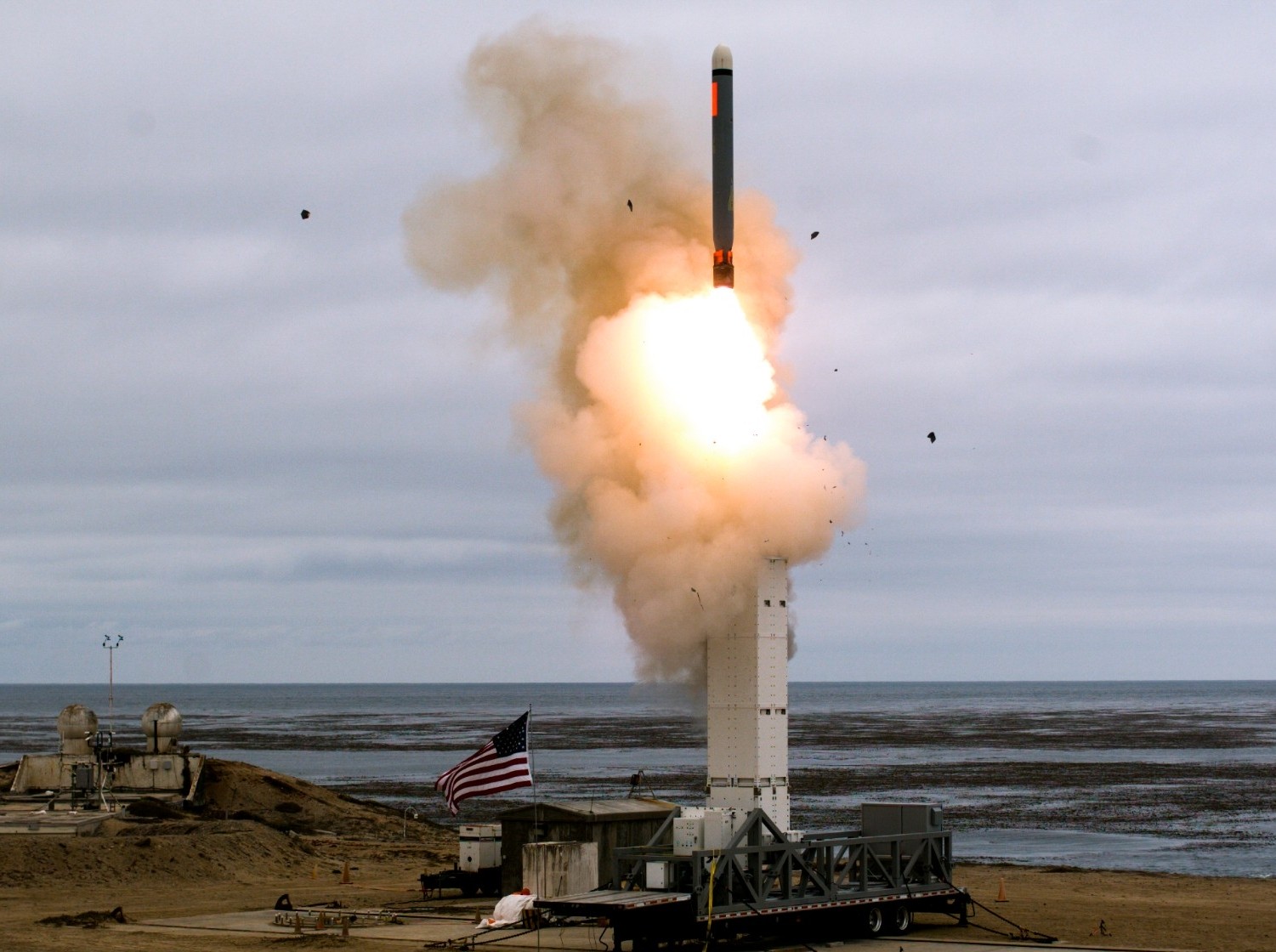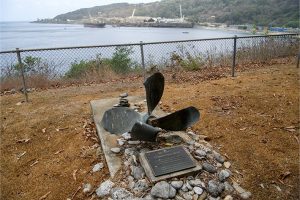America’s Asia-Pacific allies are not keen on hosting US missile defence systems, and that threatens Washington’s strategy to counter China, a think tank has concluded.
The report by the Rand Corporation said that Australia, Japan, the Philippines, South Korea and Thailand are all reluctant to deploy ground-based intermediate-range missiles.
Of the five, Japan is the most likely to agree to the plan. “However, that possibility remains low,” according to author Jeffrey W. Hornung, a senior political scientist at Rand.
Although Australia’s strong ties with the US means that the possibility that it would host the missiles cannot be ruled out, “its historical reluctance to host permanent foreign bases and its distance from continental Asia make this unlikely,” he said.
Balancing Relationships
He said as long as Thailand has a military-backed government that pursues closer ties with China, the US would not want Thailand to host the systems. “Thailand would be highly unlikely to accept them anyway,” Hornung said.
The Philippines is also trying to balance its relationship with Beijing and Washington, while South Korea has a “susceptibility to Chinese pressure,” according to the report.
The paper, Ground-Based Intermediate-Range Missiles in the Indo-Pacific, noted that when the US withdrew from the Intermediate-Range Nuclear Forces (INF) Treaty in 2019, it opened for itself the opportunity to develop and deploy ground-based missiles with ranges between 500 and 5,500 km.
But the US withdrawal also sparked a debate regarding where Washington could deploy such missiles.
“This became a critical topic in the Indo-Pacific because China was never a signatory to the INF Treaty, enabling it to develop a wide array of capabilities that the US was prohibited from fielding,” Hornung said.
- George Russell
READ MORE:
US Suspects North Korea Tested Ballistic Missile System
China Outpaces US Tenfold on Hypersonic Missiles: US General
Russia’s Ukraine Hypersonic Missile Claim Misses The Mark
























